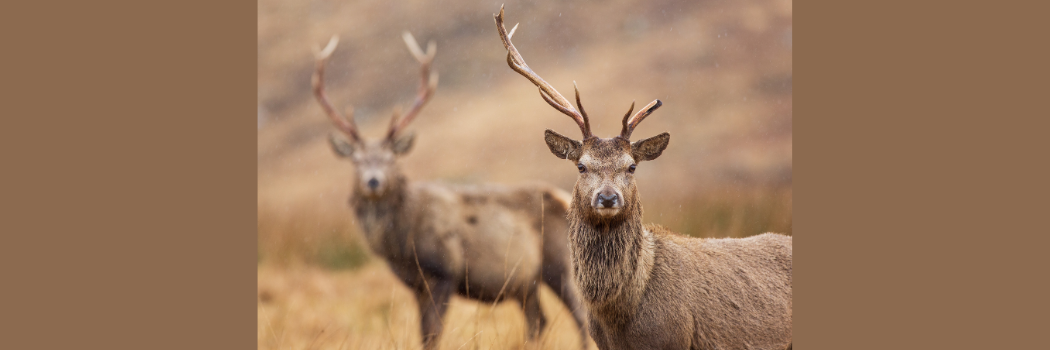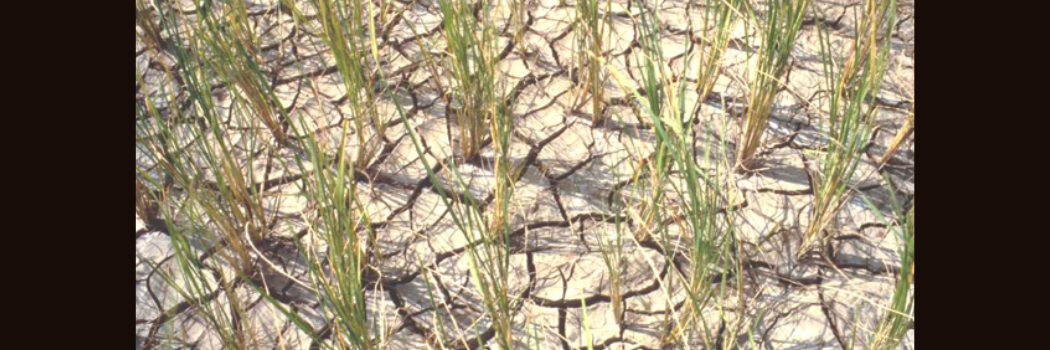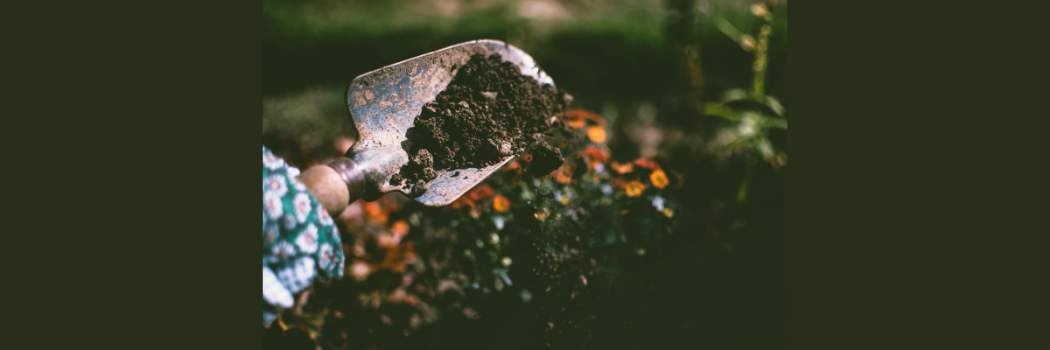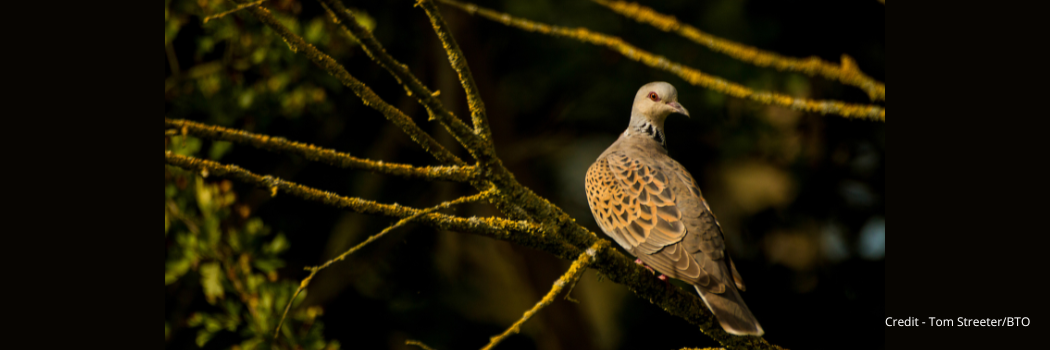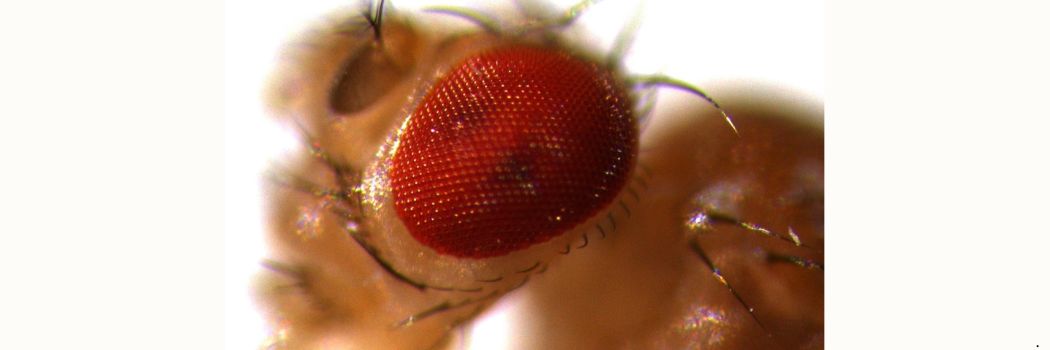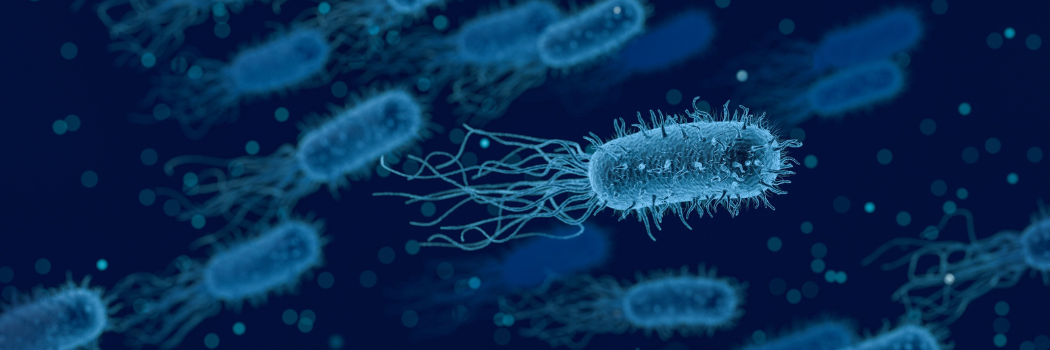Biosciences News
Using GPS trackers to study red deer behaviour in Scotland
Researchers are tracking the movement of red deer in the Highlands of Scotland using GPS collars as part of a new project.
Scientists discover how roots sense and respond to water shortage
Scientists from our top-rated Biosciences department have uncovered a key mechanism in plant roots that helps them adapt to temporary water shortages.
Climate change driving rise in soil’s antibiotic resistance
A multinational research team, including Professor David W Graham from our top-rated Biosciences Department, have helped uncover a worrying new effect of climate change - the rise of antibiotic resistance in soil bacteria.
New study unlocks pathway to treat chronic pain
A new study involving our Biosciences department has revealed a previously unknown pain pathway in the human nervous system, reshaping our understanding of how chronic pain functions.
Durham Blue Event
On 22 May 2025, Alzheimer’s Society – County Durham, in partnership with Durham University and the Balbir Singh Dance Company, presented A Trail of Blue – a city-wide awareness event aimed at highlighting the impact of Alzheimer’s through artistic and sensory experiences.
Two Durham researchers appointed to lead REF 2029 sub-panels
Two Durham University researchers are to take important roles in assessing UK universities’ research quality.
Medetomidine: what you need to know about the animal sedative turning up in opioid deaths
Professor of Pharmacology Paul Chazot explains how a deadly drug started circulating in the US illicit drug market, and what makes it so dangerous.
Two early career bioscientists will tackle health challenges with prestigious award
Dr Ting-Yu Lin of our Department of Biosciences and Dr Francesco Boselli of our Departments of Biosciences and Engineering have each been granted a Springboard Award to help support their research in biomedical sciences.
Researchers help protect migratory birds
Researchers from our top-rated Biosciences department in collaboration with the British Trust for Ornithology (BTO), have conducted a study to understand the challenges faced by migratory birds across Europe and Africa.
Tiny changes in gene expression can lead to big differences in eye size
We’re part of an international team of scientists which has discovered that tiny changes in the timing of the expression of a single gene can lead to big differences in eye size.
Bacteria evolved to help neighbouring cells after death, new research reveals
Researchers have made the surprising discovery that a type of gut bacteria has evolved to use one of their enzymes to perform an important function after death.
Reawakening Durham's Bioscience Collection
Reawakening Durham’s Bioscience Collection is the first dedicated online exhibition highlighting Durham University's Bioscience Collection.


